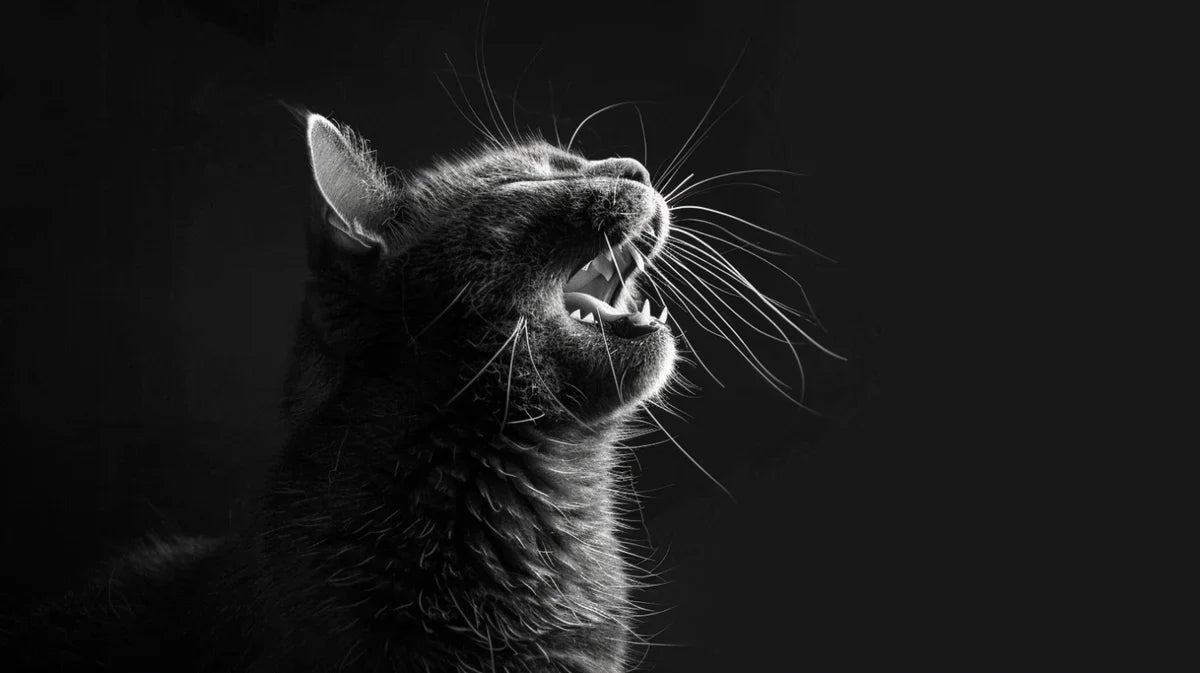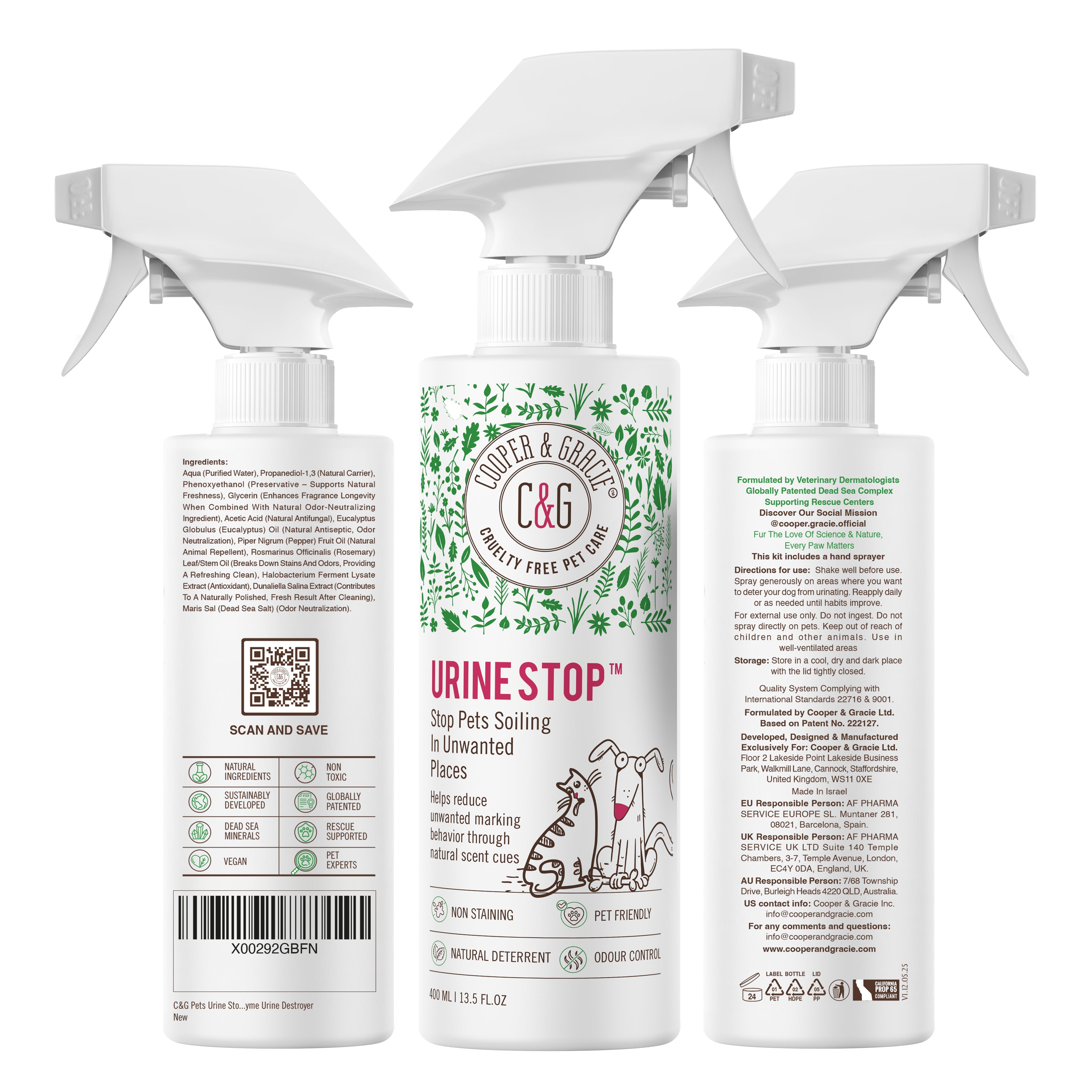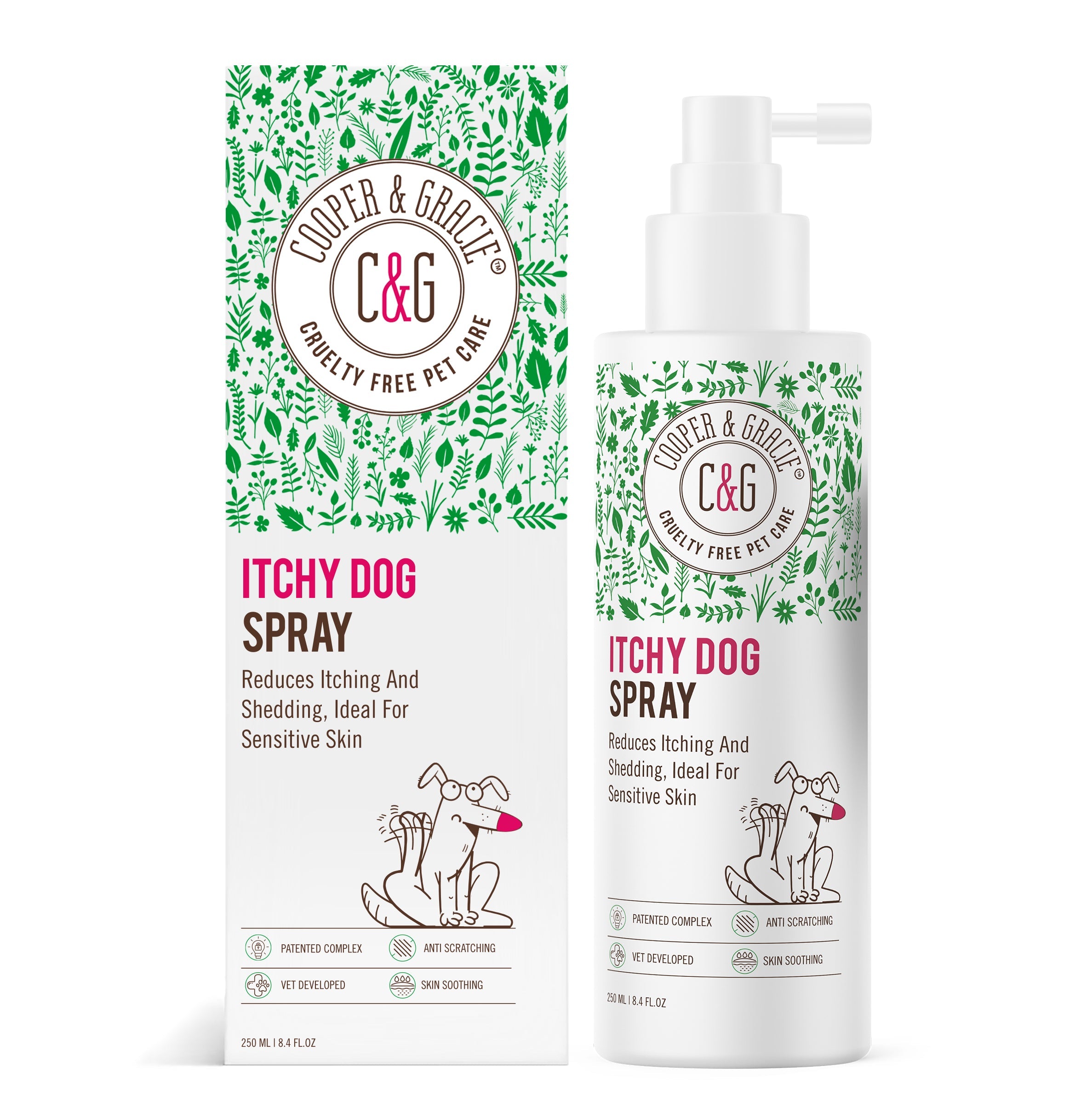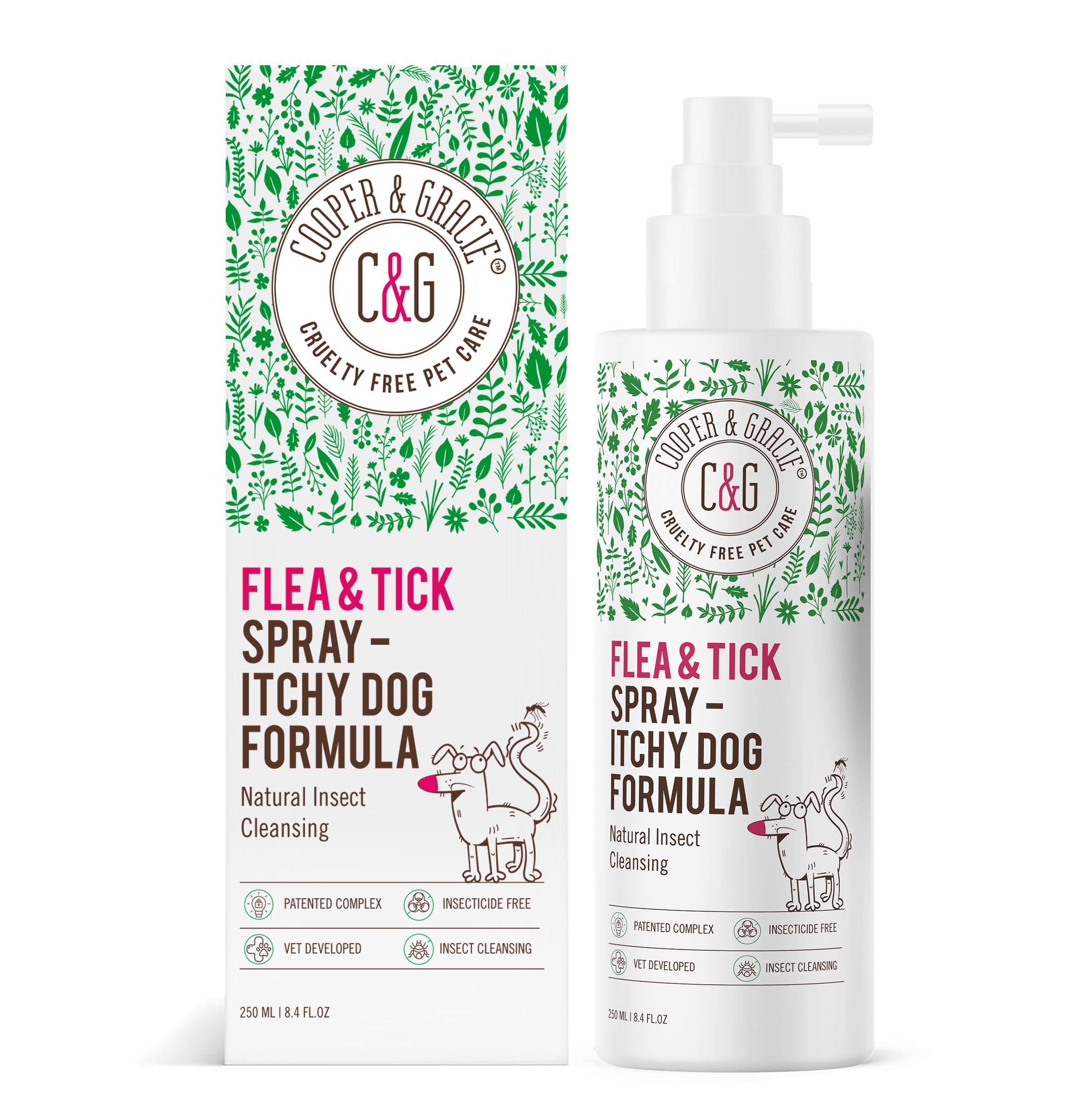Why Is My Cat Crying? Understanding the Reasons Behind Feline Vocalisation
Cats, our furry companions, often communicate through various vocalisations. From gentle purring to loud meows, they express their needs, desires, and emotions in different ways. As a responsible pet owner, it's crucial to decipher these messages and understand why your cat might be crying excessively. In this article, we delve into the common reasons behind cat crying and how to address them effectively.
Introduction
Understanding cat behaviour is essential for nurturing a healthy and fulfilling relationship with your pet. One common behaviour that puzzles many cat owners is excessive crying or meowing. While occasional vocalisation is normal, persistent crying could indicate an underlying issue that needs attention.
Physical Health Issues
First and foremost, it's essential to rule out any potential health problems when your cat starts crying excessively. Dental issues such as gum disease or tooth decay can cause discomfort and lead to vocalisation. Similarly, urinary tract infections or other medical conditions may also manifest through increased meowing. Additionally, older cats may experience joint pain due to arthritis, prompting them to vocalise their discomfort.
Emotional Stress
Cats are sensitive creatures that can experience emotional stress, leading to increased vocalisation. Separation anxiety is a common issue, especially when a cat becomes overly attached to its owner. Changes in environment or routine, such as moving to a new house or introducing new pets, can also trigger stress and result in excessive crying. Furthermore, cats left alone for extended periods may feel lonely and vocalise their distress.
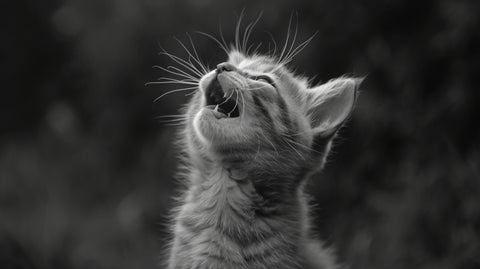
Attention-Seeking Behaviour
Sometimes, cats cry simply because they crave attention from their owners. Hunger or thirst may prompt vocalisation, especially if their feeding schedule has been disrupted. Similarly, cats may meow to initiate play or interaction with their human companions. Additionally, cats seeking comfort or reassurance may vocalise their needs, particularly in unfamiliar or stressful situations.
Territorial Marking
Cats are territorial animals, and they may use vocalisation as a means of marking their territory. Spraying or vocalising can occur when they feel threatened by other animals invading their space. Introducing new pets or people into the household can also trigger territorial behaviour, leading to increased crying or meowing.
Aging and Cognitive Decline
As cats age, they may experience cognitive decline similar to humans. Cognitive dysfunction syndrome, characterised by confusion and disorientation, can cause increased vocalisation in senior cats. Furthermore, older cats may suffer from a loss of sensory abilities, such as hearing or vision, leading to heightened anxiety and vocalisation.
Conclusion
In conclusion, cat crying can stem from various reasons, including physical discomfort, emotional stress, attention-seeking behaviour, territorial issues, and aging-related changes. As pet owners, it's crucial to pay attention to your cat's vocalisations and behaviour patterns. If excessive crying persists or is accompanied by other concerning symptoms, such as lethargy or appetite loss, seeking veterinary advice is recommended.
FAQs
-
How can I tell if my cat is in pain?
- Look for signs such as changes in appetite, grooming habits, or posture. If you suspect pain, consult your veterinarian for a thorough examination.
-
What should I do if my cat cries excessively at night?
- Ensure your cat's basic needs are met, such as access to food, water, and a comfortable sleeping area. If the crying persists, consult a veterinarian to rule out underlying health issues or behavioural problems.
-
Is it normal for cats to cry when left alone?
- Some cats may experience separation anxiety and vocalise when left alone for extended periods. Providing enrichment activities and gradually acclimating your cat to alone time can help alleviate distress.
-
Can cats cry tears like humans?
- While cats produce tears to lubricate their eyes, they do not cry emotional tears like humans. Excessive tearing may indicate an eye infection or other medical issue and should be evaluated by a veterinarian.
-
Should I ignore my cat's cries for attention?
- While it's essential to address your cat's needs, rewarding excessive crying with attention may reinforce the behaviour. Instead, try to provide attention and interaction on your terms, rewarding quiet or calm behaviour.

